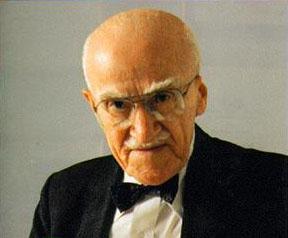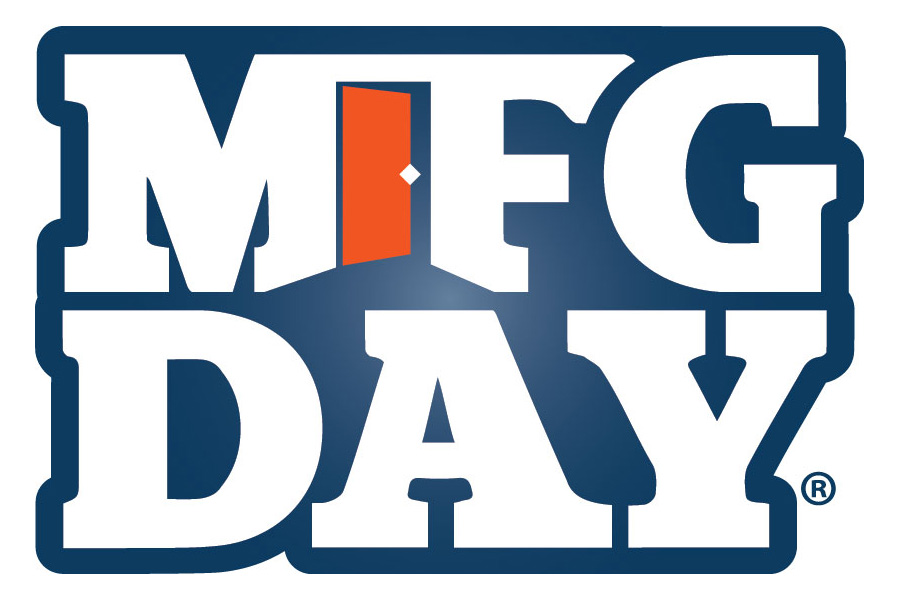In May, ASQ CEO Paul Borawski wrote in his blog about “The Government/Quality Puzzle“. Some of his thoughts were: “Why do citizens expect and demand so little accountability for the poor use of resources in government? Why do so few leaders charged with leading countries, states, provinces, and cities require improved performance? I have great regard for the men and women who serve as public employees. I have no doubt whatsoever that they desire to do good work”
He also wrote: “I’m sure none of us doubt the direct applicability of quality concepts, techniques, and tools to assure improved performance in the public sector. If you know of a good public service story, please share it”
When I first read that, I thought that it’d be difficult to find any good quality technique applied in the Argentinian government; even worst when you find only bad news on the newspaper. However, I was pretty sure there are honest people who think in the importance of the government’s democracy and want to work helping citizens to live the democracy as it has to be lived. And I was right. Looking on internet I found a website where explains exactly what I wanted to read: there is a program where citizens and government sit to talk about community issues applying a quality technique: the audits. Here is the story.
Name of the program: Citizen Audit Program (PAC for its initials in Spanish)
Period of implementation: the program was implemented between 2003 and 2009, after the 2001 economic crisis, in more than 70 municipalities (local government) in Argentina.
Developed by: the Undersecretary for Institutional Reform and Strengthening of Democracy – led by Marta A. Oyhanarte. The program was supported by the United Nations Development Program (UNDP) and the sustained support from local governments, civil society organizations, universities and citizens from all over the country.
Mission: to strengthen the relationship between the civil servants (government) and civil society (citizens), to promote institutional reforms to develop a governable, transparent, legitimate and efficient democracy.
Why? They explain that “a worthy and quality democracy is that which, in addition to being representative, enables citizens’ participation allowing government to opportunely foresee and understand the matters that affect the life of the population in order to act in the most appropriate way to aid public welfare”
“Modern democracy is not only the act of electing representatives but, above all, what happens between elections, when it becomes substantially the role of citizens to define and support the purposes and direction of the community” (Oyhanarte, 1992). We, as citizens not always become aware of the relevance of the community involvement, and we still refuse to participate; for that reason the program was created.
NOTE: Please, read the following post where I explain the way I use the word DEMOCRACY on this context.
What is a Citizen Audit? “It is an assessment of the quality democracy performance at a local level. That assessment offers citizens a tool for deliberation, participation and control contributing to its improvement in the framework of a necessary cultural transformation that could have impact on the quality of democratic community life and on the academic reflections about democracy”
“The main protagonists are the citizens and the local government, which meet in what they called Civic Forum, a plural ambit which is flexible and produces consensus and projects for the welfare of the community. It is a kind of a participation that uses a rigorous methodology, but at the same time, a flexible one which facilitates the integration of all those social actors in a space for dialogue. They, once creating a map of weaknesses and strengths based on the findings and opinions of the community itself, have the possibility to develop capabilities which allow them to identify tendencies in order to improve certain public practices that make the democracy one of quality”
“For the purpose of implementing citizen audits in Argentina, attention has been focused on four democratic practices (rules of the game between government and citizens) given the fact that they are the foundation for the construction of new democratic institutions: democratic civic culture, citizen participation in public policies, citizen treatment and accountability”
Process: as every audit consists, the program has different stages from planning, fieldwork, audit report, and follow-up review. The time to develop and finish one complete circle of the program is around 12 months.
In 2008 and 2009, the program itself was also audited by the Centre of State and Society Studies (CEDES) and financed by the UNDP. This task derived from an exhaustive investigation of the Program processes and performs a series of evaluative trials based on three dimensions of analysis and a sample of 8 municipalities; in order to make modifications to the program learning from what was done.
If you are interested in learning more about the process of the Civic Audit, here are the links in English and Spanish of the entire explanation of the program.
Results and achievements: from the program itself:
- 51 Civic Forums established and trained.
- 32 Reports of the Quality of Democratic Practices in the Municipal broadcast locally and nationally.
- “Citizen Audits, a mirror for our democracy” – video presented and disseminated in the local and national levels.
- “Sustainability of public-private cooperation in the territory” – video presented and disseminated at seminars and conferences.
- Municipalities platform online.
- Learning Forum: Public Private Networks for Local Democracy online.
- Training for local governments and associations.
- Teacher Training Guides (state of Chaco, Argentina)
- Road Safety Education Campaign “Save your Life” (state of Tucuman, Argentina)
- Projects “Addictions: everyone’s problem” and “Young people and alcohol” (State of Santa Fe, Argentina)
- Citizen participation clause in the Constitution Provincial (Entre Rios)
Program Close date: after changes in the government in 2009, the politicians have decided to close the program (bad decision!) However the people involved in this program didn’t forget about it and have created a company called “Glocal”, with the main objective to keep recreating bonds of trust between the civil servants and civil society; something that in Argentina is missing from a long time ago.
How could be more efficient to use in the government a quality tool with the main goal: to make the civil society being involved in the government life, making their voices listened, and audit their governments to make them accomplish real citizen needs in time; learning in that way that the democracy is not only a way to define a type of government?
You make me believe that a change is possible in our country. Thumbs up for these people! Step by step we can change our country thinking having a truly democracy nation.
What do you think about Civic Audits?
NOTE: Most of the information ans texts where extracted from the Manual of the program. You can download the entire manual in Spanish using the next link: Fruits of Democracy. Implementation Manual of the Citizen Audit Program – Quality of Democratic Practices in Municipalities (2009). This manual identifies the key components for planning and conducting citizen audits in a successful way anywhere in the world.







2 Comments
Journal T. Living · June 30, 2012 at 11:06 pm
Jimena, Deming's 101 would accomplish the same and more. The piece states "make leaders listen". Dr Deming states among other things, leaders commit to CQI and break down barriers within the organization. One of the consequences of breaking down barriers is leaders beginning to listen.. Listening a forgotten leadership skill.
Jimena Calfa · June 30, 2012 at 11:12 pm
Interesting thoughts about Deming and leaders… it's sad to know that there are leaders out there who have not developed the ability to listen, yet. Thanks JTL!
Comments are closed.